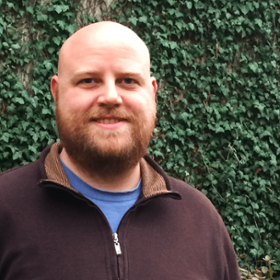
Department of Chemistry and Biochemistry
Assistant Professor
Research Areas: Inorganic
Office: 372 Chemistry Building
Address:
179 Chemistry Building
Auburn, AL 36849
Phone: (334) 844-5575
Email: eah0113@auburn.edu
Research in my lab focuses on using long-range interactions to influence the reactivity of inorganic complexes. Long-range interactions can include not only through-bond effects via controlling ligand environment and properties but also non-covalent interactions such as electrostatic effects or metal-ligand cooperativity. The manipulation of transition metal complexes via such interactions is essential to developing robust, effective, and sustainable catalysts for the future of energy and chemical synthesis.
Projects in the lab focus on using three primary means of controlling the reactivity and stability of transition metal complexes: 1) metal-ligand cooperativity, 2) through-bond electron delocalization, and 3) application of oriented external electric fields. Using these tools, we are focused on developing new means of making and breaking chemical bonds, characterizing potential catalytic intermediates, and studying the influence of electric fields in transition metal catalysis.
Students and postdocs in the Hill lab will learn many invaluable skills for a synthetic chemist. These include both organic and inorganic synthesis, air-free manipulations using Schlenk and glovebox technique, chemical characterization including NMR, UV-vis, IR, EPR, and other spectroscopies, and product characterization in catalytic transformations. The goal is to not only discover new chemistry, but also to develop members of the lab into scientists with deep knowledge and skills who are critical thinking and fully capable of moving into positions in academia, industry, government, and more.
In addition to research, members of the Hill lab are encouraged to be active participants in the Auburn community and the scientific community as a whole. Potential activities will include local outreach opportunities, mentoring opportunities in the lab, participation in local and national conferences, and future career development opportunities.
Keywords: synthesis, spectroscopy, inorganic chemistry, ligand design, homogeneous and heterogeneous catalysis
Last updated: 09/29/2022
